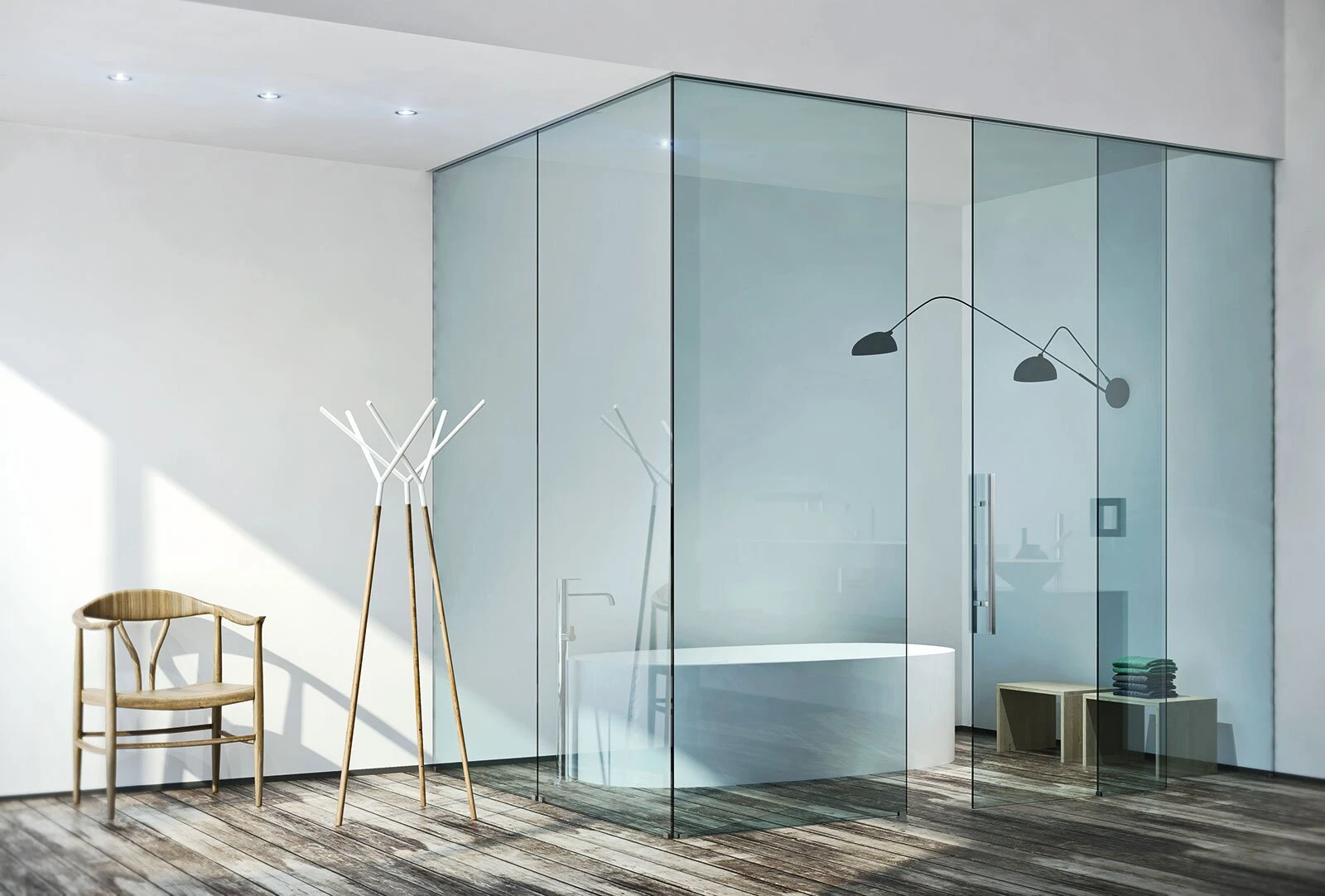

Tempered Insulated Glass Units Enhancing Energy Efficiency and Safety in Modern Architecture
The world of architecture is continually evolving, with new materials and technologies emerging to meet the demands of energy efficiency, safety, and aesthetic appeal. Among these innovations, tempered insulated glass units (TIGUs) have gained prominence for their unique properties and versatile applications. As sustainability becomes an increasingly important consideration in building design, understanding the benefits and functionalities of TIGUs is essential for architects, builders, and homeowners alike.
What Are Tempered Insulated Glass Units?
Tempered insulated glass units consist of multiple layers of glass sealed around an insulating spacer filled with argon or another inert gas. This design provides better thermal insulation than standard glass, significantly reducing energy costs associated with heating and cooling buildings. Furthermore, the glass is tempered through a thermal process, which enhances its strength, making it more resistant to impact and thermal stress.
The Benefits of Tempered Insulated Glass Units
1. Energy Efficiency One of the most significant advantages of TIGUs is their superior energy efficiency. The insulating properties of these units minimize heat transfer, keeping indoor spaces warm during the winter and cool during the summer. This capability not only lowers energy bills but also contributes to a reduced carbon footprint, making it an environmentally friendly choice for modern construction.
2. Safety and Durability Tempered glass is renowned for its strength. When broken, it shatters into small, blunt pieces rather than sharp shards, significantly reducing the risk of injury. This makes TIGUs an ideal choice for high-traffic areas and buildings where safety is a paramount concern. Additionally, the durability of tempered glass means it can withstand severe weather conditions, such as hailstorms and high winds, ensuring longevity and reducing replacement costs.

3. Sound Insulation Aside from thermal insulation, tempered insulated glass units also provide sound insulation properties. The air or gas-filled space between the layers of glass dampens outside noise, creating a more tranquil indoor environment. This feature is especially beneficial in urban areas where noise pollution can significantly impact the quality of life.
4. Aesthetic Appeal TIGUs are available in various styles, finishes, and tints, allowing architects and builders to enhance the aesthetic appeal of their designs. The clarity of tempered glass allows for unobstructed views, while different tint options can reduce glare and provide additional privacy. The seamless integration of insulated glass in architectural designs results in modern, sleek facades that elevate both residential and commercial spaces.
5. Low Maintenance Unlike other building materials that may require frequent upkeep, tempered insulated glass units are relatively low maintenance. Their smooth surface prevents the accumulation of dirt and grime, making them much easier to clean. Advanced coatings can further enhance their self-cleaning properties, ensuring that they remain clear and attractive for years to come.
Applications of Tempered Insulated Glass Units
Tempered insulated glass units find applications in a variety of settings. In residential construction, they are commonly used in windows, sliding doors, and glass railings. In commercial buildings, TIGUs are installed in storefronts, office partitions, and atriums. Their versatility enables architects and builders to achieve unique design elements while ensuring compliance with safety and energy efficiency standards.
Conclusion
As the demand for sustainable and safe building materials continues to rise, tempered insulated glass units stand out as a leading solution in modern architecture. With their exceptional energy efficiency, enhanced safety features, sound insulation properties, aesthetic versatility, and low maintenance requirements, TIGUs provide an ideal combination of performance and appeal. For those looking to invest in durable and sustainable building solutions, incorporating tempered insulated glass units into design plans offers significant benefits that align with today’s architectural trends. As the construction industry embraces innovation, TIGUs will undoubtedly play a crucial role in shaping the future of building design.